We are all born to die, so that should make ‘grief’ a non-dirty word. Yet here in western society, it’s not a right of passage like it is in other cultures.
DEATH isn’t a dirty word. We are all born to die. That’s a fact about the life we live. None of us can escape it, death is inevitable. And yet there are those of us within society that fear it as both an outcome and a process.
Grief defined as being “a multifaceted response to loss, particularly to the loss of someone or something that has died, to which a bond or affection was formed. Although conventionally focused on the emotional response to loss, it also has physical, cognitive, behavioral, social, cultural, spiritual and philosophical dimensions.” (Wikipedia)
Let’s face it, the emotions associated with grief are our natural response to loss. Beyond Blue reminds us that the loss doesn’t have to be directly related to death. “It might be the loss of a loved one, relationship, pregnancy, pet, job or way of life. Other experiences of loss may be due to children leaving home, infertility and separation from friends and family. The more significant the loss, the more intense the grief is likely to be.”
Since we are all individuals, we express our grief different ways and throughout various aspects of our lives. This includes our emotions, thoughts and behaviour, beliefs, physical health, our sense of self and identity, and our relationships with others. Grief can leave us feeling sad, angry, anxious, shocked, regretful, relieved, overwhelmed, isolated, irritable or numb. That’s a lot to experience, especially if we are feeling it all at once.

Grief has no set pattern. Grief is not linear by nature and whilst there are stages, we all experience grief differently and at OUR OWN PACE.
Some people may grieve for weeks and months, while others may describe their grief lasting for years.
Hopefully, through the process of grief, you begin to create new experiences and habits that work around your loss. It starts with baby steps such as the following.
So be gentle with yourself. Consider regular baths with magnesium flakes to relax your body so that you get good rest and have sufficient energy to combat the day.
Remind yourself that everyone’s journey is different. You are allowed to have feelings and express them. Just know that expression of feelings can make others uncomfortable, as it is triggering their stuff. If this is the case, talk to someone who is trained in counselling and support services.
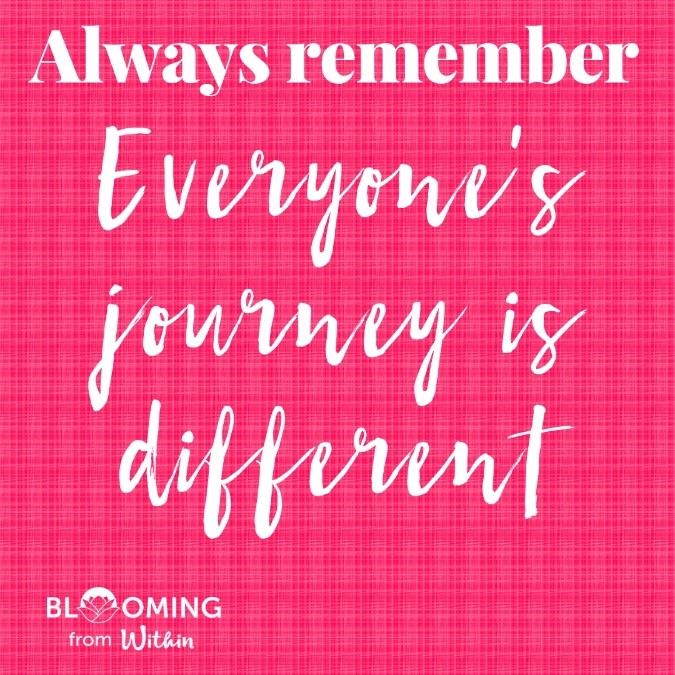
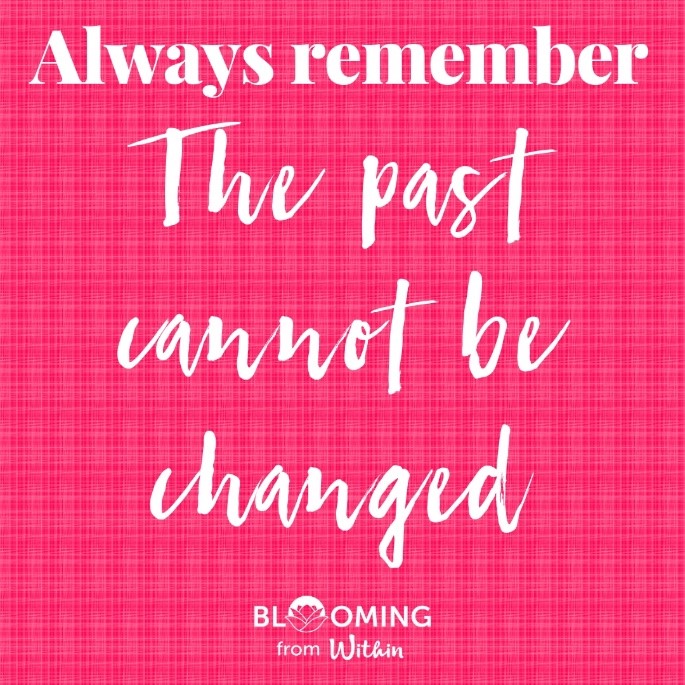
Acceptance of the inevitable. It takes time to process the loss of someone close. Gift yourself time to accept, and it starts with small moments. You’re allowed to have conversations with your loved one who is now an angel. Just because they aren’t around in you physical form, does not mean that they aren’t still in your heart space. Do what you feel comfortable with to learn to embrace their physical departure from your life.
Recognise that you aren’t alone. Often our feelings of loss are very intense. It’s natural to cry or scream or stamp our feet. Be sure to express it out, rather than hold onto it. Be sure to allow friends and family to be around you at this time, even if it’s just to hug and make you cups of tea. Connection during times of grief provides you evidence that you aren’t alone.
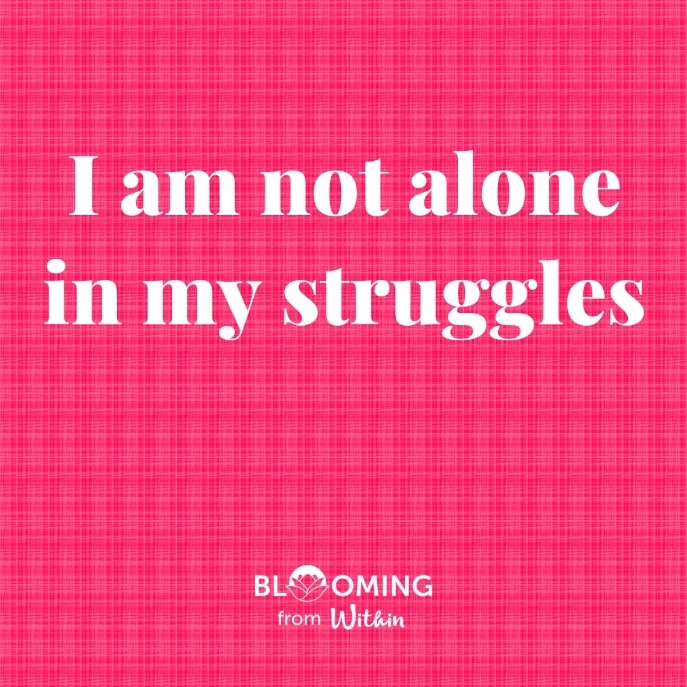
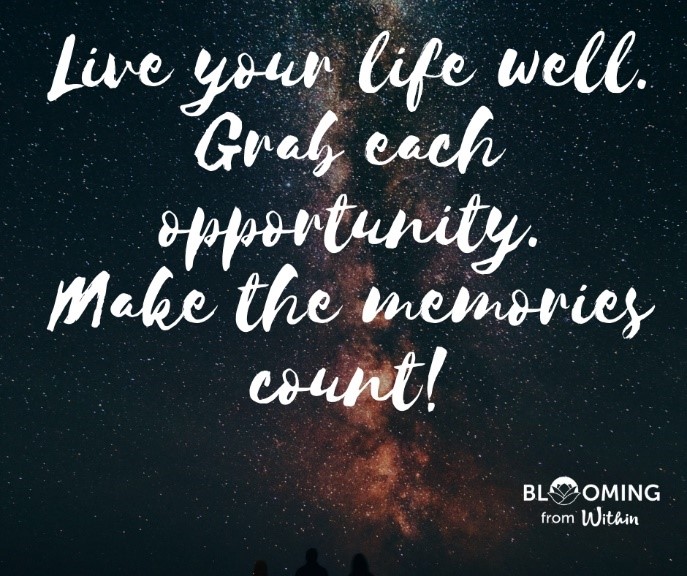
Celebrate the life you have. Often I see people in clinic who are fixated on the loss of the loved one, rather than on the life they have. Personally I find death a motivator to make the most of every opportunity in life. For others this is a challenge. And that’s ok. It’s natural and part of the journey we are experiencing.
The journey of grief can be a tough one. It’s a process that you work through because of the sheer volume of feelings and memories. Allow yourself time to process in your way, not others. Accept support when offered.
Ask for privacy when needed.
You’re going to surprise yourself with the resilience you haven’t yet used to get through this period in your life.

Need some more support? Consider a ‘facilitated change’ session today. Or perhaps a grief counsellor or if feeling low contact LIFELINE 13 11 14.
Resources – Beyond Blue Grief & Loss Sheet – https://www.beyondblue.org.au/the-facts/grief-and-loss

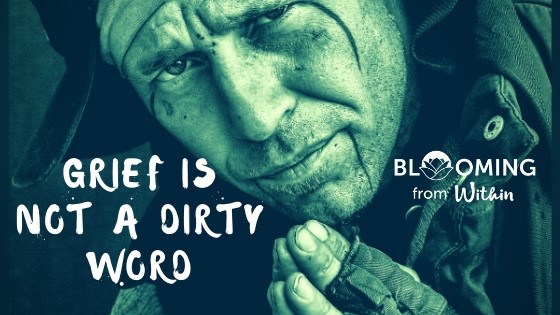
We absolutely love your blog and find almost all of your post’s to be exactly what I’m looking for.
Would you offer guest writers to write content in your case?
I wouldn’t mind creating a post or elaborating on most of the subjects you write with
regards to here. Again, awesome weblog!
At this point in time I only offer guest writing within my MEDIUM publications. This is my website for my content. Happy to collaborate with genuine offers in other forums.
Hi to every single one, it’s truly a good for me
to go to see this web site, it includes valuable Information.